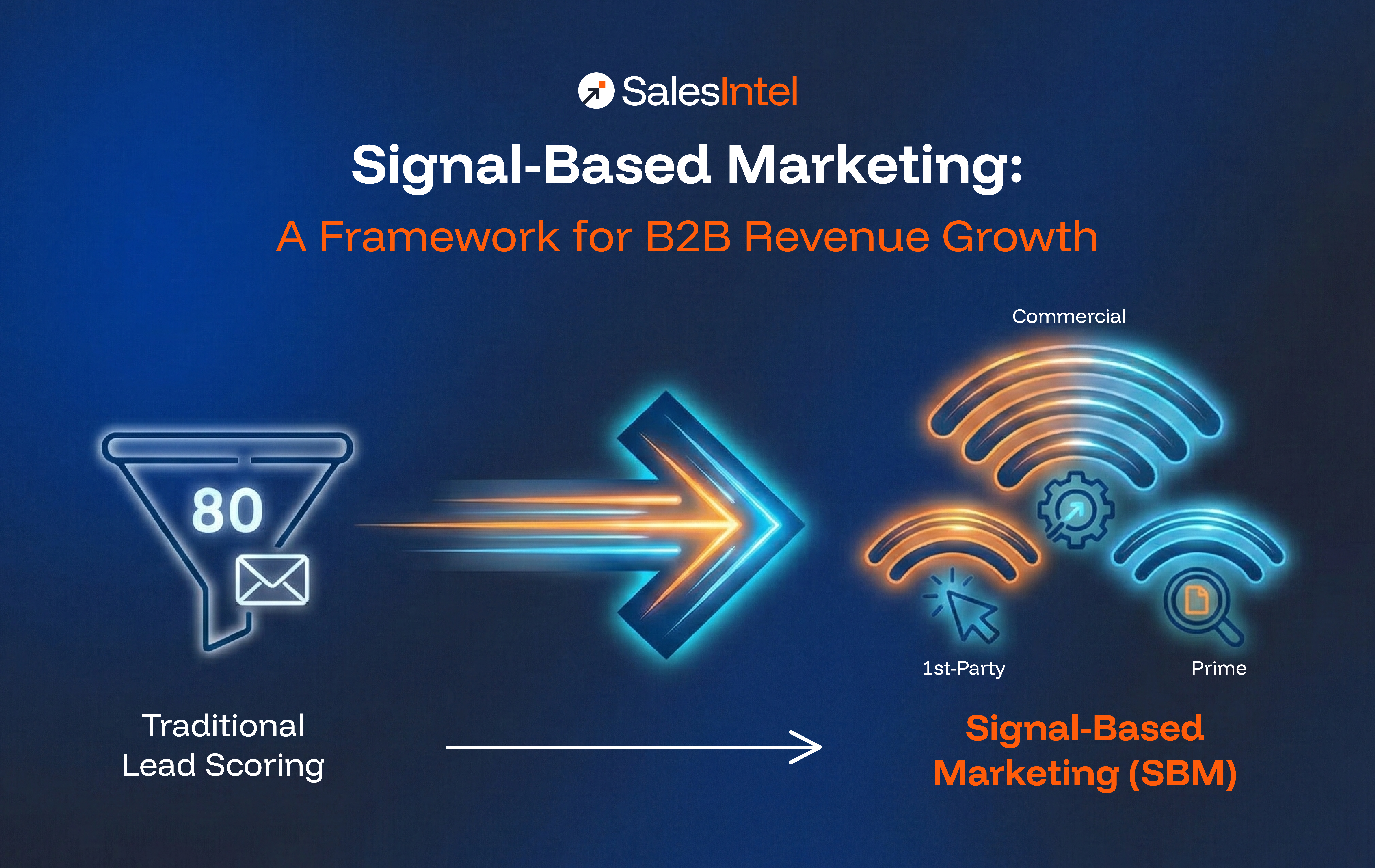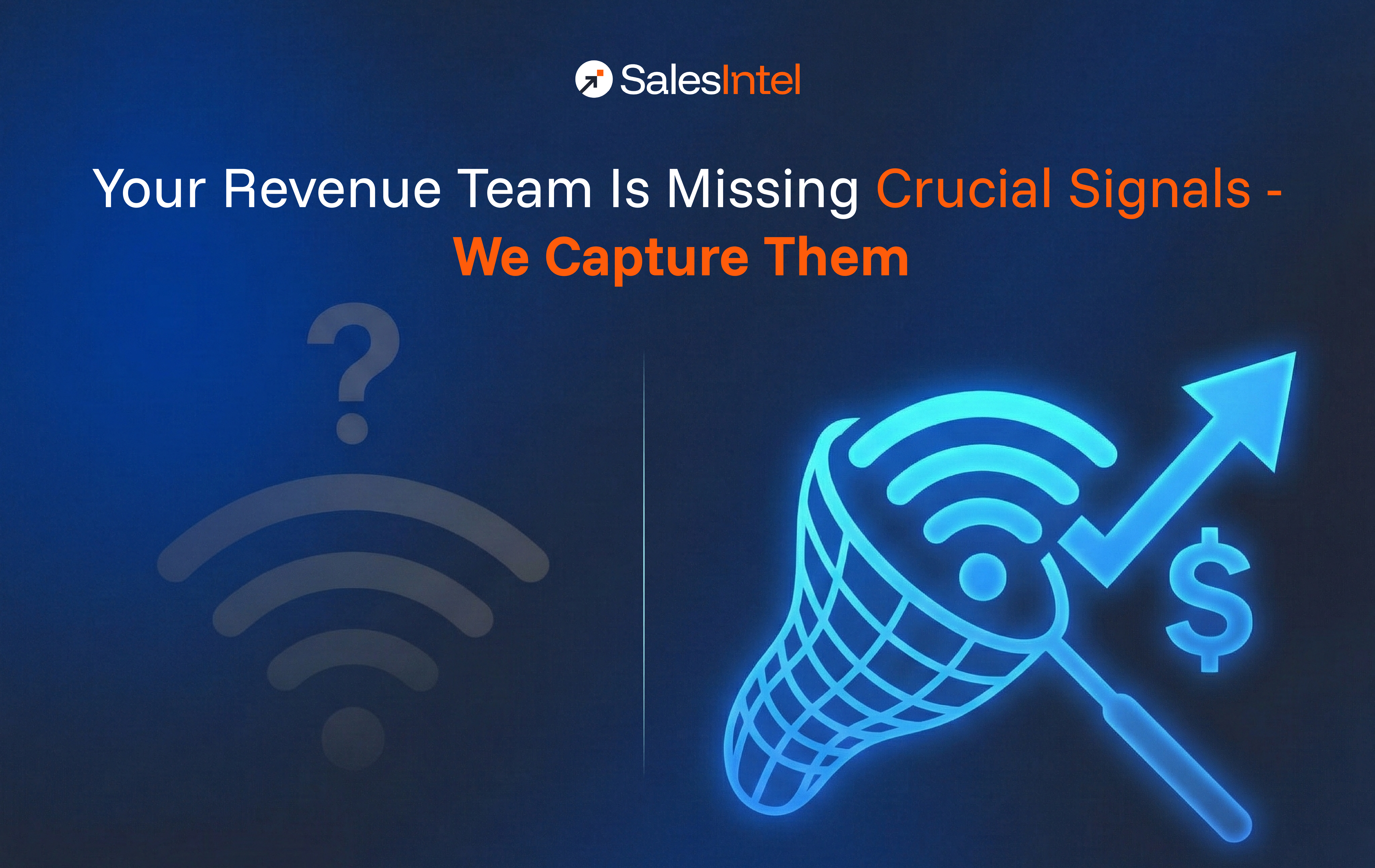The ability to navigate complex sales stages is essential to closing enterprise deals. Unlike smaller-scale transactions, enterprise selling involves longer cycles, multiple stakeholders, and significant financial commitments.
This article delves into the intricacies of enterprise sales, offering strategies and insights to help sales professionals succeed in this challenging yet rewarding field.
Understanding Enterprise Sales
Enterprise sales—sometimes referred to as enterprise solution sales—goes beyond the transactional nature of B2C or SMB sales. These deals often involve large organizations purchasing sophisticated products or services that directly impact their operations or bottom line. The stakes are high, but so are the rewards.
What Defines Enterprise Sales?
- High Value: Deals often involve significant financial investments.
- Complex Sales Cycle: The enterprise sales cycle can span months or even years.
- Multiple Decision-Makers: Typically, several stakeholders, from IT to C-suite executives, are involved.
- Customized Solutions: Products and services are often tailored to meet the specific needs of the enterprise.
The Enterprise Sales Cycle: A Journey of Persistence
The enterprise sales cycle is notably longer and more intricate than in other sales models. Let’s break it down:
- Prospecting: Identifying potential clients who could benefit from your solution.
- Qualification: Assessing the prospect’s needs, budget, and decision-making authority.
- Presentation and Proposal: Delivering a tailored pitch that addresses the prospect’s pain points.
- Negotiation: Navigating through pricing discussions and contract terms.
- Closing: Securing the deal, which often requires the sign-off from multiple stakeholders.
- Implementation and Support: Ensuring the solution is effectively integrated and delivers value.
Example of enterprise sales: Imagine a SaaS provider selling a CRM platform to a multinational corporation. The deal involves months of discussions with various departments, a pilot phase, and a detailed customization plan before a final contract is signed.
Key Strategies for Enterprise Sales Success
1. Master the Art of Relationship Building
Building strong relationships is not just beneficial—it’s essential. Unlike smaller deals that may involve a single point of contact, enterprise sales typically require buy-in from multiple stakeholders across various levels of an organization. This complexity makes trust and rapport critical to success.
- Engage Early and Often:
Start building relationships as soon as you identify a potential lead. Cultivate connections with individuals across different departments, from frontline managers to C-suite executives. Regular engagement ensures that you stay top-of-mind and positions you as a trusted advisor rather than just a vendor.
- Understand Stakeholder Priorities:
Each stakeholder in an enterprise has unique objectives and concerns. For example, a CFO may prioritize cost savings, while a CTO focuses on technical compatibility. Tailor your messaging to address these specific priorities, showing each stakeholder how your solution aligns with their goals.
Building and maintaining these relationships can be the key to navigating complex organizational dynamics and securing the internal champions needed to push your deal forward.
2. Focus on Value Selling
Enterprise buyers are not just purchasing a product or service; they are investing in a solution that delivers tangible benefits. To succeed, you must shift the sales conversation from cost to value.
- Highlight Pain Point Solutions:
Begin by understanding the challenges the enterprise faces. Then, clearly articulate how your solution addresses these pain points. Whether it’s improving operational efficiency, boosting productivity, or driving revenue growth, your pitch should focus on the value you bring to their business.
- Leverage Data and Case Studies:
Numbers speak louder than words. Use concrete data, ROI calculators, and real-world examples to illustrate the benefits of your solution. Case studies of similar companies can be particularly compelling, as they provide social proof and demonstrate the practical application of your offering.
By emphasizing value over price, you position your solution as an investment rather than an expense, making it more attractive to enterprise buyers.
3. Customize Your Approach
In enterprise sales, a one-size-fits-all approach rarely works. Large organizations have unique structures, processes, and pain points. To succeed, you must offer tailored solutions that align with the specific needs of each client.
- Conduct Thorough Discovery Sessions:
The key to customization is understanding. Take the time to dive deep into the client’s operations, challenges, and goals. Ask detailed questions to uncover not only their immediate needs but also their long-term objectives.
- Collaborate for Tailored Solutions:
Once you have a clear understanding of the client’s requirements, work closely with your internal teams—such as product development, technical support, and customer success—to design a solution that meets their needs. This collaborative approach ensures the final proposal is both technically sound and strategically aligned with the client’s goals.
By delivering a bespoke solution, you demonstrate your commitment to the client’s success and significantly increase the likelihood of closing the deal.
Leveraging Technology in Enterprise Sales
Technology plays a pivotal role in transforming enterprise solution sales. By streamlining processes and providing deeper insights, it empowers sales teams to close deals more efficiently and effectively.
1. Customer Relationship Management (CRM) Tools
CRM systems like Salesforce and HubSpot are essential for managing the complexities of enterprise sales. These tools allow sales teams to track every interaction with prospects, organize the sales pipeline, and forecast revenue with precision. Their customizable features are particularly valuable in enterprise settings, where each deal involves multiple stakeholders and long sales cycles.
2. Sales Intelligence Platforms
To stay ahead, sales teams need more than just basic contact information. Platforms like SalesIntel and ZoomInfo deliver comprehensive insights, including firmographics (company size, industry), technographics (technology stack), and intent data (indications of purchase intent). These insights enable sales professionals to identify high-potential leads and craft personalized pitches, enhancing the chances of conversion.
3. Automation Tools
Automation technology reduces the burden of repetitive tasks such as follow-ups, data entry, and email scheduling. This not only improves efficiency but also ensures consistency in communication. By automating routine activities, sales reps can focus on strategic tasks like relationship building and deal negotiation, ultimately driving more revenue.
By integrating these technologies, enterprise sales teams gain a competitive edge, improving both efficiency and effectiveness in pursuing high-value deals.
Enterprise Sales Strategy: Best Practices
A well-defined enterprise sales strategy is essential for navigating the complexities of large-scale deals. Here are some best practices:
1. Account-Based Selling (ABS)
In Account-Based Selling, sales efforts are concentrated on a few high-value accounts. This strategy aligns well with the multi-stakeholder nature of enterprise sales.
- Identify key accounts: Use data to pinpoint companies most likely to benefit from your solution.
- Personalize outreach: Tailor your messaging and solutions to the specific needs of each account.
2. Multi-Threaded Engagement
Instead of relying on a single point of contact, engage with multiple stakeholders across different departments.
- Expand your network: Build relationships with influencers, decision-makers, and even end-users.
- Create advocates: Leverage internal champions to push your solution forward.
Overcoming Challenges in Enterprise Sales
Despite its lucrative potential, enterprise sales comes with its own set of challenges. Here’s how to address them:
1. Long Sales Cycles
The extended timeline can lead to stagnation or loss of momentum.
- Maintain consistent communication: Keep prospects engaged through regular updates and check-ins.
- Leverage milestones: Celebrate small wins, such as securing a pilot project or initial approval.
With multiple stakeholders involved, navigating organizational politics can be tricky.
- Map the decision-making process: Identify who holds the power to approve or veto decisions.
- Address concerns proactively: Tailor your value proposition to align with each stakeholder’s objectives.
3. Competitive Pressure
In enterprise sales, competition is fierce, with multiple vendors vying for the same deal.
- Differentiate your solution: Highlight unique features, superior service, or better ROI.
- Develop a strong value proposition: Show why your solution is the best fit for the client’s needs.
Measuring Success in Enterprise Sales
Success in enterprise sales goes beyond just closing deals; it’s about building lasting partnerships and ensuring client satisfaction. To gauge performance and drive improvement, sales teams must track critical metrics:
1. Deal Size and Volume
This metric highlights the total value of closed deals within a specific period. Larger deal sizes often indicate that your solution aligns well with enterprise needs, while volume showcases the efficiency of your sales processes.
2. Sales Cycle Length
Enterprise sales cycles are typically lengthy and involve multiple stakeholders. Monitoring the time it takes to move prospects from initial contact to close helps identify bottlenecks and opportunities to accelerate the process.
3. Customer Retention and Upsell Rates
High retention rates signal strong client satisfaction and trust, while upsell rates demonstrate your ability to deepen relationships by offering additional solutions. These metrics reflect your success in delivering ongoing value.
4. Customer Lifetime Value (CLV)
CLV measures the total revenue a customer generates throughout their relationship with your business. A high CLV indicates not only successful initial sales but also effective long-term engagement strategies, reinforcing the importance of customer-centric approaches in enterprise sales.
Tracking these metrics helps ensure sustainable growth and long-term success in enterprise sales.
Driving Sustainable Success in Enterprise Sales
Achieving success in enterprise sales requires more than just closing high-value deals; it’s about cultivating long-term partnerships and delivering continuous value. This process demands a strategic approach, where sales teams focus on understanding client needs, building trust, and consistently aligning their solutions with business goals.
Key performance metrics—such as deal size, sales cycle length, retention, upsell rates, and customer lifetime value—provide vital insights into your effectiveness. These indicators not only measure immediate outcomes but also reveal opportunities for improvement, guiding your efforts toward sustainable growth. High retention and upsell rates, for example, reflect strong customer relationships, while a reduced sales cycle indicates greater efficiency in navigating complex enterprise environments.
However, success doesn’t end with metrics. In today’s fast-paced business landscape, leveraging technology is equally critical. Tools like CRM systems, sales intelligence platforms, and automation solutions streamline workflows, enhance decision-making, and free up valuable time for more strategic activities. By adopting a tech-enabled, data-driven approach, sales teams can stay competitive, adapt to changing client expectations, and deliver exceptional value at every stage of the enterprise sales cycle.
Ultimately, the goal is to move beyond transactional engagements and foster meaningful partnerships that drive mutual success. With the right strategies, tools, and focus, businesses can navigate the complexities of enterprise sales and achieve long-term growth and profitability.





